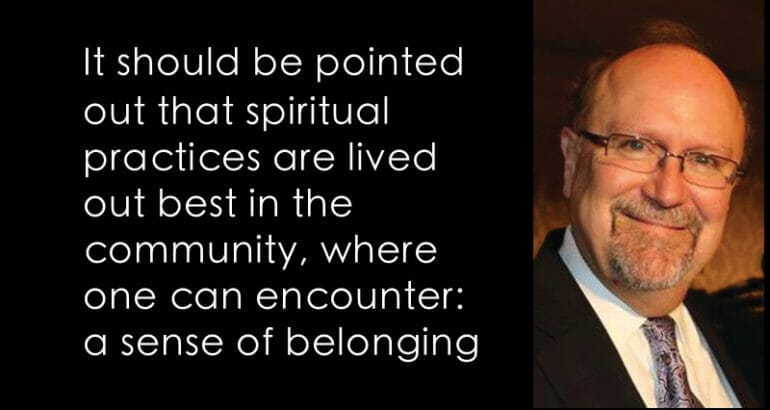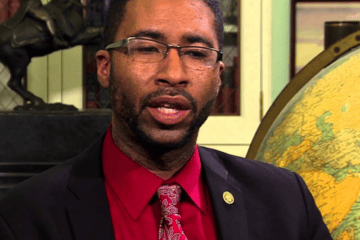Prayer has long been valuable and beneficial to overcoming difficult situations.
Dr. Robert Hill, Community Consultant, Minister Emeritus – Community Christian Church
Prayer and meditation have been and continue to be rich resources for relieving stress. From centuries-old Benedictine spiritual exercises to the intercessory prayers that occur during Wednesday night prayer meetings all over America, spiritual disciplines are trusted as effective means for overcoming difficulties and coping with ordinary and extraordinary times of duress in human life.
A 2016 Pew Research Center study found that highly religious people “are generally happier” and more inclined than less religious people to use meditation as a way to cope with the experience of stress.
The spiritual practices of countless faith communities are rich in their variety but almost always include:
- the reading of sacred texts, recollecting forbearers who have been where human beings are now;
- the regular recitation of prayers, instilling peace and confidence;
- meditation that centers on key essentials;
- physical fasting as a way of paying less attention to things that are ephemeral and more attention to aspects of life that are ultimately valuable; and
- participating in rituals (annually or weekly) that can infuse existence with hope and grace.
It should be pointed out that spiritual practices are lived out best in the community, where one can encounter: a sense of belonging (helping to fend off isolation and the lure of self-absorption); experiences of beautiful art and music; oratory that inspires and comforts; and religious leaders who provide guidance and counsel. All of these can also serve as sustaining means for countering stress.
Spiritual practices and religious disciplines are not magical strategies that can immediately lower one’s blood pressure or erase the ravaging effects of hypertension. But religious people abound in their testimonies — and science has likewise testified — to the efficacious power of prayer and meditation to enhance one’s quality and quantity of life. •
SOURCES: www.pewforum.org (Pew Forum) www.cac.org (Center for Action and Contemplation)






George
This is a great article